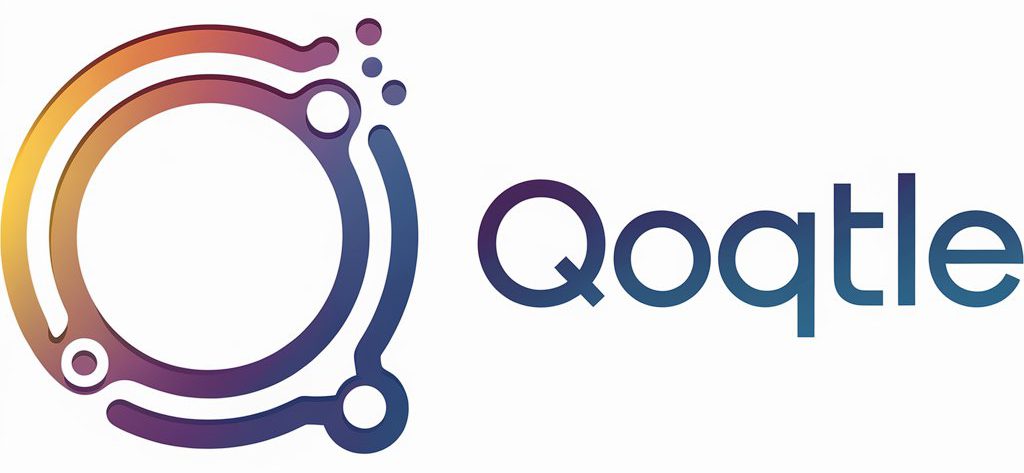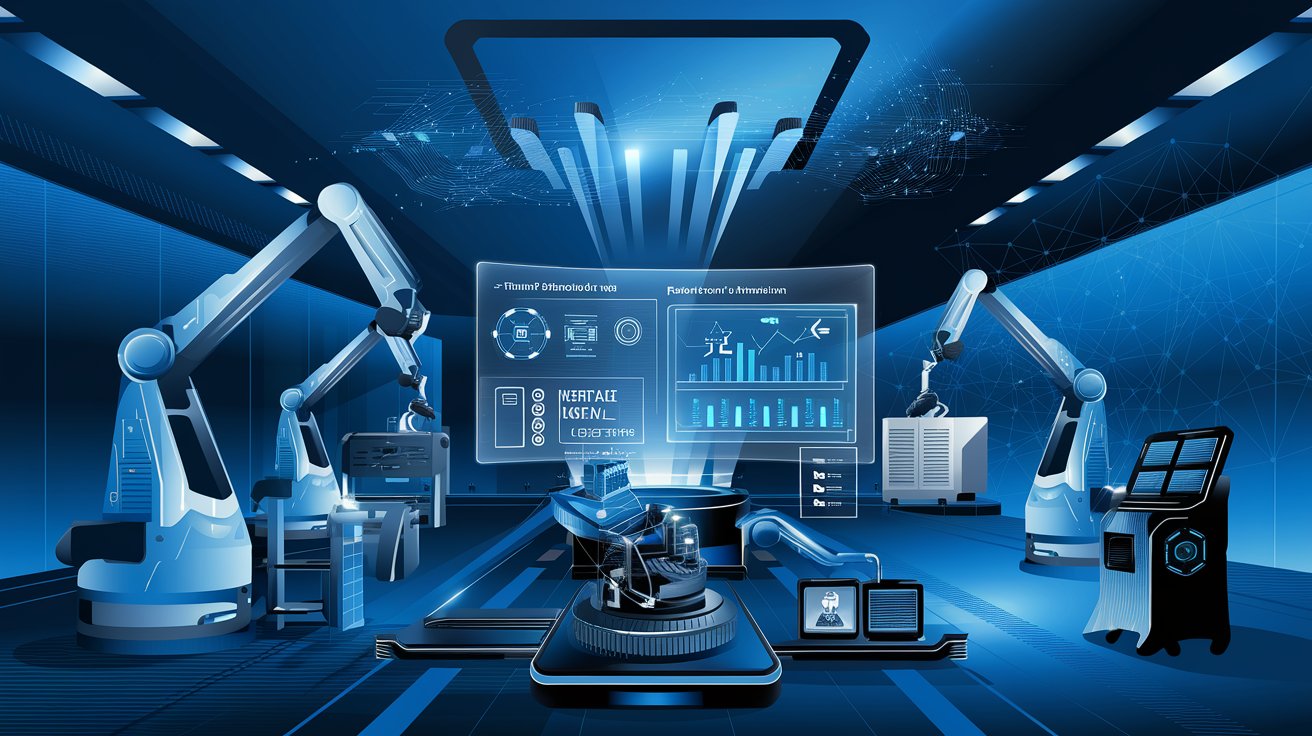Industrial Software Development: The Future of Smart Manufacturing
Smart Manufacturing is the Future of Industrial Software Development
Industries face technical issues that affect their working efficiency by about 30%. Older systems and inefficient workflows affect the speed, precision, and control of work, leading to missed deadlines. These problems are a part of industrial and manufacturing work, and traditional methods don’t work effectively. So, how can we overcome these issues? Industrial software development solves these issues like magic. It helps improve working efficiency and automation and ensures that operations work smoothly.
Industrial Software Development:
Industrial software development is the type of development that provides software solutions to improve the manufacturing and industrial areas. This is done via automated processes, integration of machines, or optimization of operations. These technologies help enable factories to maintain quality control and improve overall productivity through software development and industrial automation software.
Key Components:
1. Software Development for Manufacturing
The backbone of modern factories, software development for manufacturing helps businesses manage complex processes efficiently. This includes:
- Planning & Scheduling: This guarantees that the resources are assigned properly and that working efficiency is not disturbed.
- Account Management: This helps in keeping track of materials that are raw, waste produced, and final products.
- System for Quality Control: This is used for automating inspection and checking the quality compliance of products to see if they meet the standards or not.
2. Automation Software for industries:
For the transformation of manufacturing areas, automation is required. This helps to reduce the manual labor while keeping preIndustriesnt.
Machinery & Workflows automation –The automation helps in reducing the human position in repetitive tasks.
- Monitoring Equipment– This helps in detecting faults that might happen in the production halts..
3. Custom Software for Industry
No two industries operate the same way. Custom software for the industry helps in making businesses get customized solutions in alternate solutions. Key benefits include:
- Targeting Specific Needs – This helps in getting rid of unnecessary focus on things that are not important.
- Integration –Integration helps in better working with ERP, CRM, and other supply chain systems.
- Flexibility – Flexibility helps in the growth of a business as it is required to evolve.
4. Software Solutions with Enterprising:
Large-scale manufacturers need Comprehensive enterprise software solutions are the need of large-scale manufacturing industries. This allows the operation to streamline in different departments. These include:
- ERP tools – These tools help concentrate the data management for good decision-making.
- SCM tools – For smooth material flow, supply chains need to be optimized.
- CRM Tools – Enhance customer relationships with automated tracking and analytics.
How Industrial Software Development is Changing Manufacturing
- Faster Production Cycles: Automating workflows reduces lead times.
- Costs: Real-time monitoring helps in lowering the cost and preventing excess wastage of useful resources.
- Decision-making based on DATA– With the help of technology, decision-making is easy and helps to improve the efficiency of work and improve forecasting.
- Compliance – Tracking helps in ensuring that industry regulations are not violated.
Real-World Applications:
1. Automotive Industry
Industrial automation software helps to reduce defects and helps in supply chain optimization for car manufacturing. Toyota has smart automation software that helps in the precise production
2. Food & Beverage industry
Custom software for the food industry is used to keep track of manufacturing dates and ingredients and make sure products meet the compliance regulation.
3. Pharmaceutical Industry
Drug manufacturers depend on manufacturing software development to help track the shelf life, batch release, lab conditions, and FDA regulation compliance. The precision of all these tasks is done with the help of AI that helps in drug working, discovery, and testing trials.
4. Heavy Machinery & Equipment
Large-scale industries require enterprise software solutions to manage assets and for work process tracking. IoT sensors integrated with custom software improve performance monitoring and reduce downtime.
Challenges in Implementing Industrial Software Solutions
- High Initial Investment – Custom software development requires upfront capital.
- Integration Complexities – Adapting new systems to legacy infrastructure can be difficult.
- Workforce Training – Employees need to adapt to digital transformation.
Future Trends in Industrial Software Development
- Predictive Maintenance with AI– The AI helps lower the downtime by detecting the equipment failures in advance and preventing the workflow from getting affected.
- IoT-Enabled Factories – This helps the devices to work by tracking them and controlling their functioning.
- Cloud-based software Development manufacturing – This allows remote and easy access..
FAQs
1. Industrial software development is useful for what industries?
Automotive, aerospace, food processing, and pharmaceutical industries rely on software solutions for efficiency and better workflow.
2. Can we lower the cost with the help of manufacturing software development?
Yes, we can. It helps in the automation of tasks, lowers the chances of errors, and helps in reducing the useful resources.
3. Can industrial automation software replace human workers?
With the help of automation and AI, manual work is reduced, and precision of working is better, but this human expertise is required for solving difficult problems.
4. How much time is required for the development of custom software for industry?
The development time depends on the custom features of the software, which can take from 6 months to 1 year to develop and work.
Conclusion
Industrial software solutions play a key role in boosting working efficiency, automation, and driving the innovation of new technologies or products. Investing in these technologies improves the overall functionality of industries and supports their long-term success. Industrial software development addresses challenges and enhances workflow, making operations run more smoothly. It offers greater efficiency compared to traditional methods.Business intelligence services are becoming a major part of this transformation, especially when combined with AI-powered data insights. These services help industries make smarter, data-driven decisions, further improving efficiency and encouraging innovation. With the rise of AI, pairing industrial software solutions with business intelligence will be crucial for industries to stay competitive and successful in the long run.








